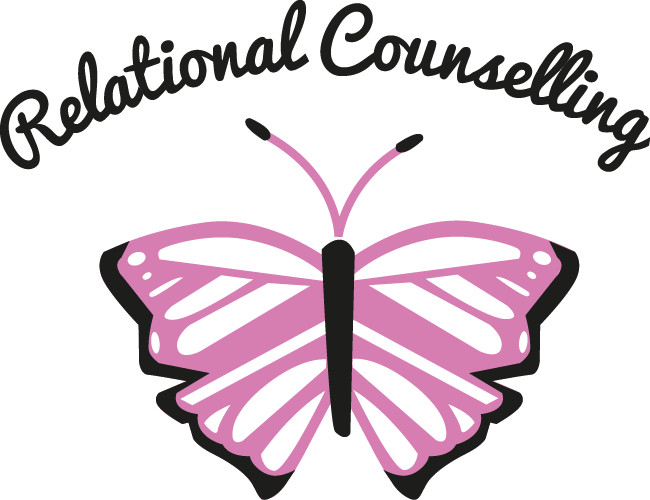Tips On Getting Started With Counselling
So, you've been having a hard time in life. Maybe it hasn't treated you very fairly, or perhaps you don't find joy in the things you used to love doing. Perhaps you just need a helping hand to steer you in the right direction on a better path. You've taken the first steps, connected with a therapist, and are about to set sail on your counselling journey, bound for the island of recovery. But there's a problem: you've never even set foot on a boat before, let alone had to be at the helm and captain one. The waters ahead are rough, and you need to make sure you can weather storms and treacherous seas to be able to start your new life of emotional prosperity and freedom.
You're probably wondering why a blog about counselling is using metaphors about sailing when talking about starting counselling. Surely, they're two very different things, right? Well, just like any new thing in life, whether it be sailing, learning a new instrument, or indeed, counselling, we start out knowing nothing, and it's only through practice and persistence that we finally start to see our efforts pay off.
Starting counselling is very much like learning a new hobby. You start out knowing either nothing or, at best, very little. Just like weathering a storm, counselling can reveal underlying and deeply rooted issues within ourselves that we are going to have to weather to be able to become masters of ourselves and reach that paradise on the other side of the sea. It can feel like you're hitting a wall, and things are hopeless. However, like any journey you undertake, the same is true for counselling. Much like sailing and captaining a ship, you will have a crew to help you along the way, helping you raise the sails, lower the anchors, and fix any leaks. Having someone there to go on this journey with helps divide the burden and makes goals a lot easier to achieve. While we can go at it alone and strive by ourselves, we are much more likely to survive the journey with a fellow sailor at our side rather than alone, just as we will master an instrument faster with a teacher rather than being self-taught.
Think of a counsellor as your fellow sailor and guide, helping you weather those storms and guide you to a better tomorrow. They were once in a similar position to you, starting their journey while knowing very little. Many people are unaware that a recommendation is that counsellors pursue their own therapy and training, similar to practicing an instrument or attending work training. It is important that a counsellor understands themselves just as much as the theory they are presenting.
Much of counselling is about learning new skills that help us better understand and not only manage but thrive in our day-to-day lives. We as humans are a lot more complex than learning an instrument or sailing could ever be. There are crossovers in how to manage certain things like insomnia or anxiety, but there is no black and white formula on how to get from A to B. Humans are all different shades of grey, and there is no instruction guide on how we can achieve what we want.
While there are a lot of parallels to learning a new skill, such as dedication and practice, understanding ourselves and thriving in therapy isn't as obvious as learning a new chord. There is no standardized way counsellors help each client to help get them from A to B. One thing is true, though: you get out what you put in. That is why below, I have included a few tips to help you get the most out of your therapy journey.
How To Get The Most Out Of Your Therapy
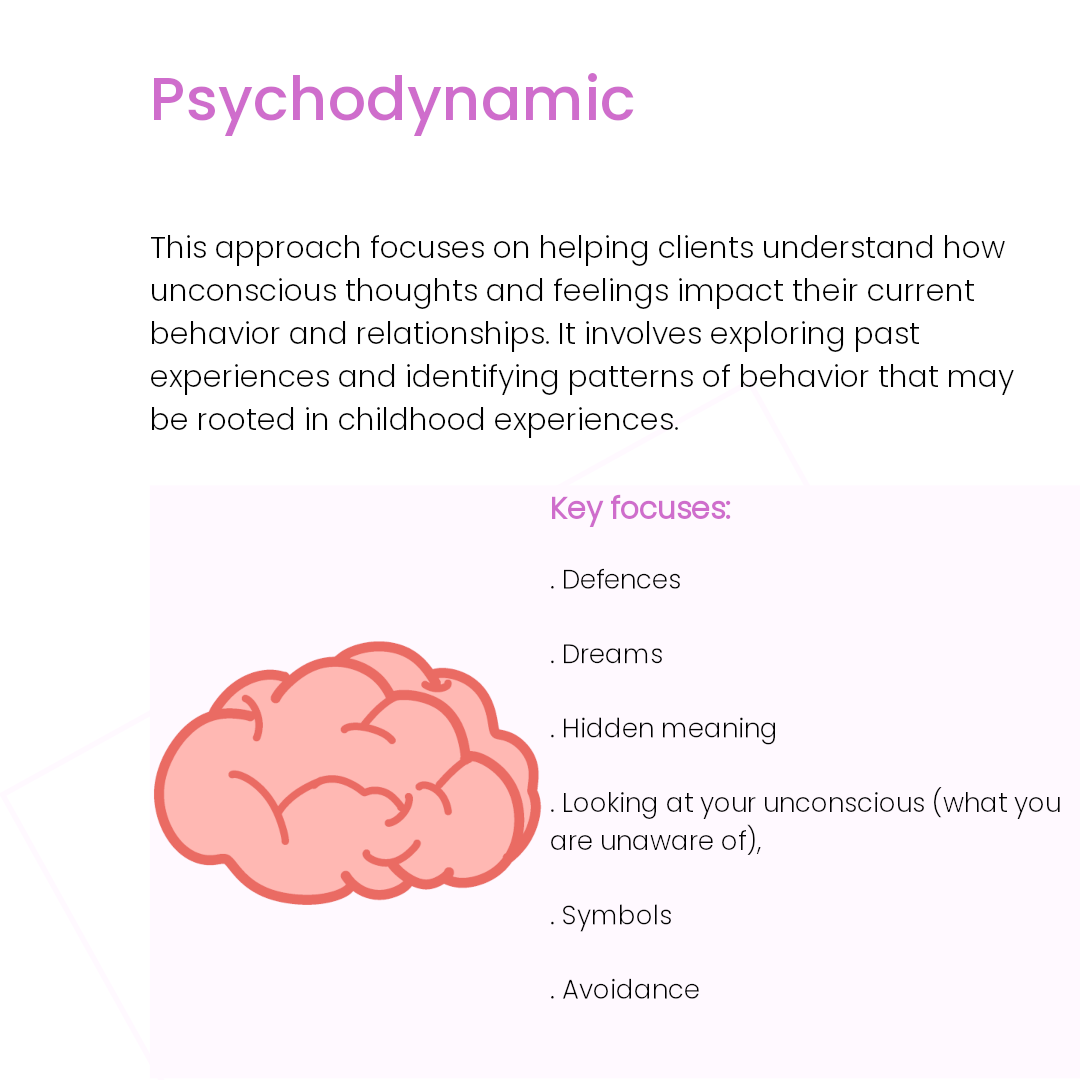
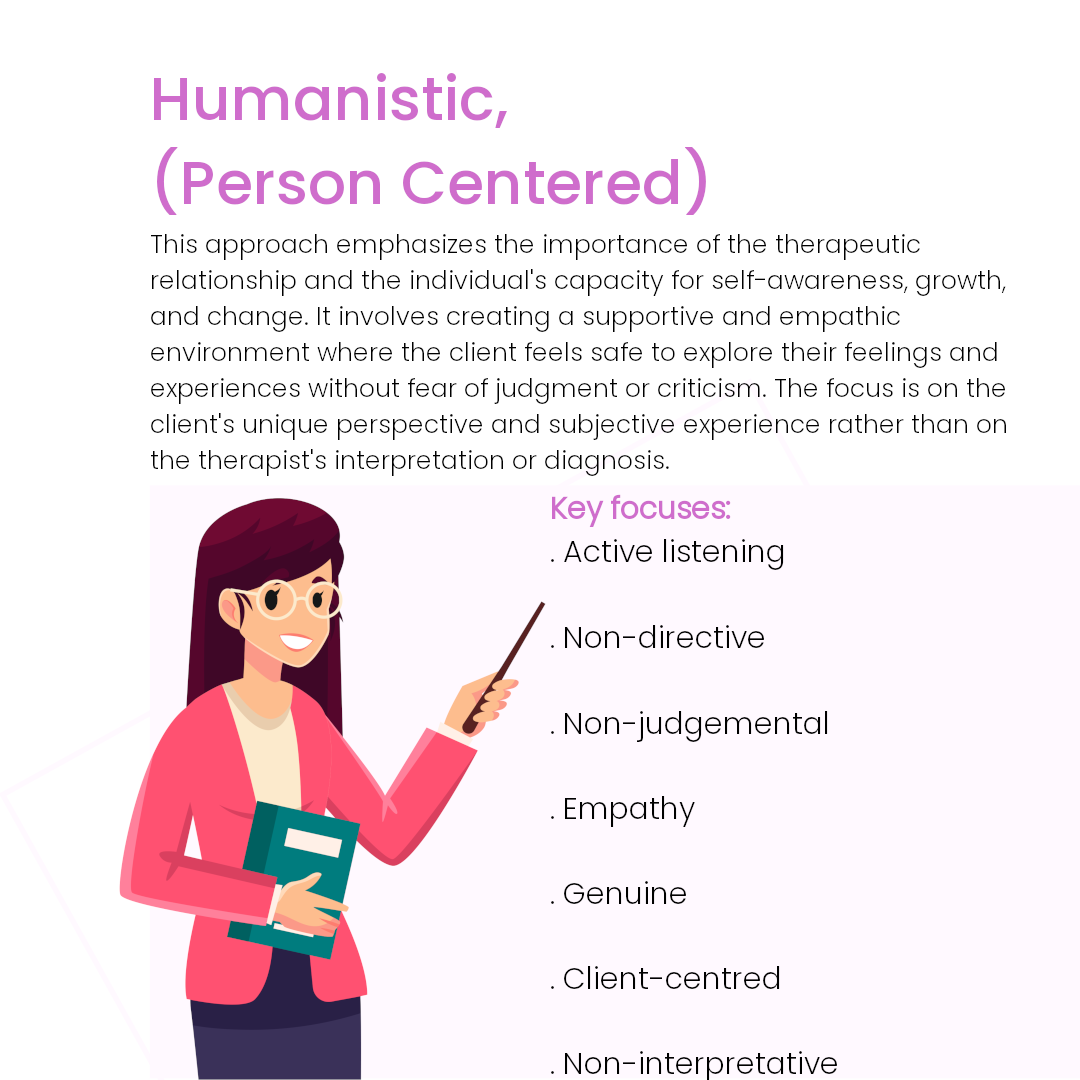
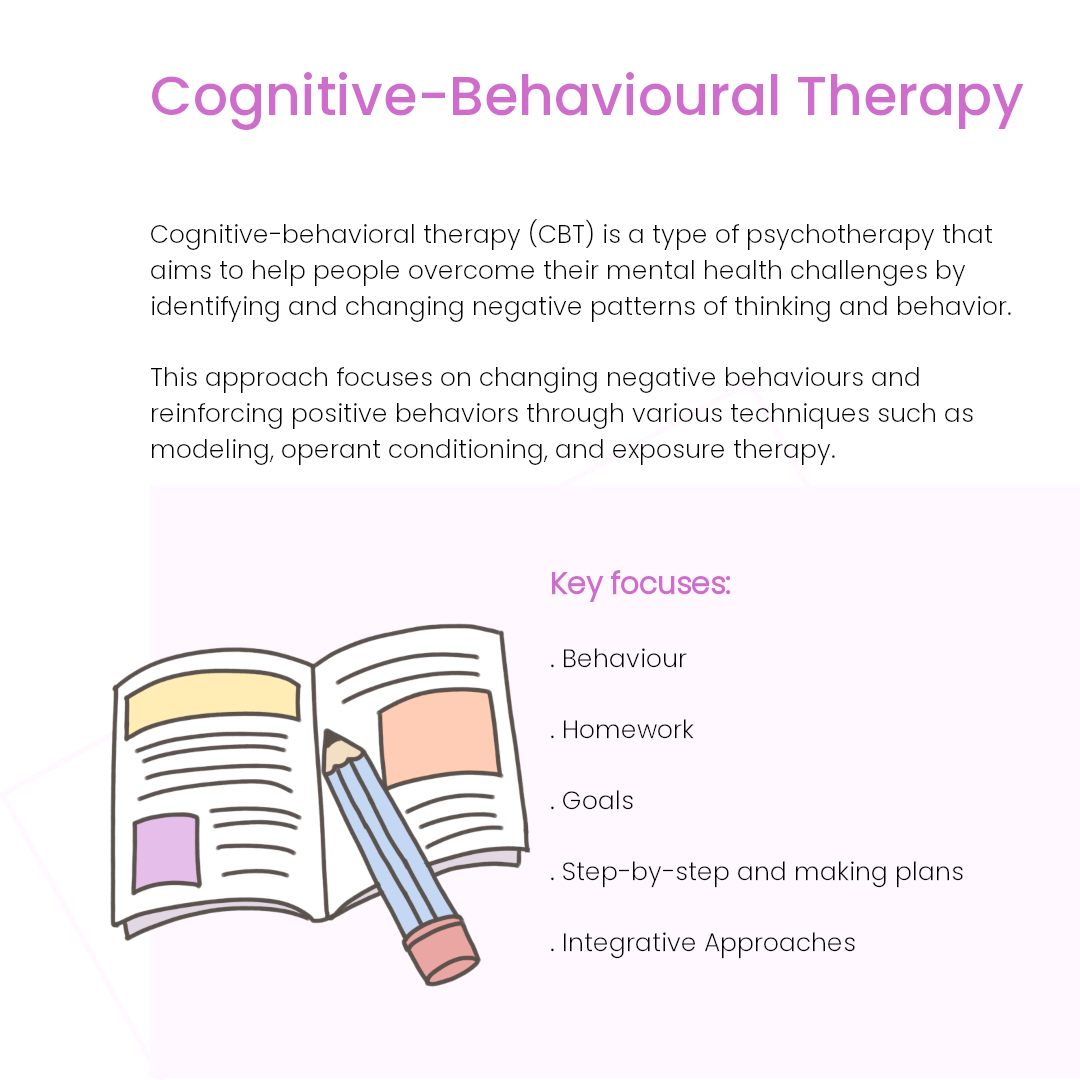
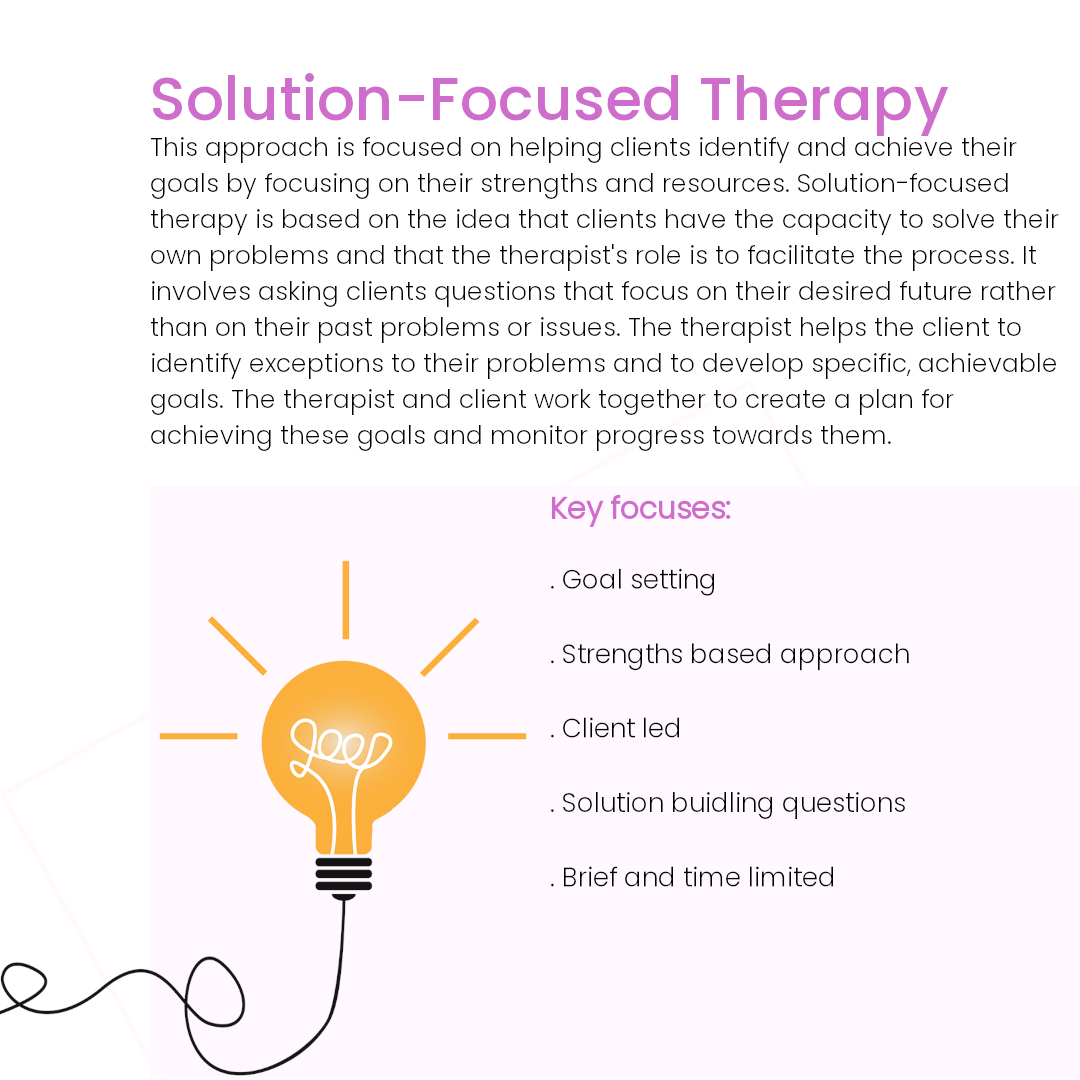
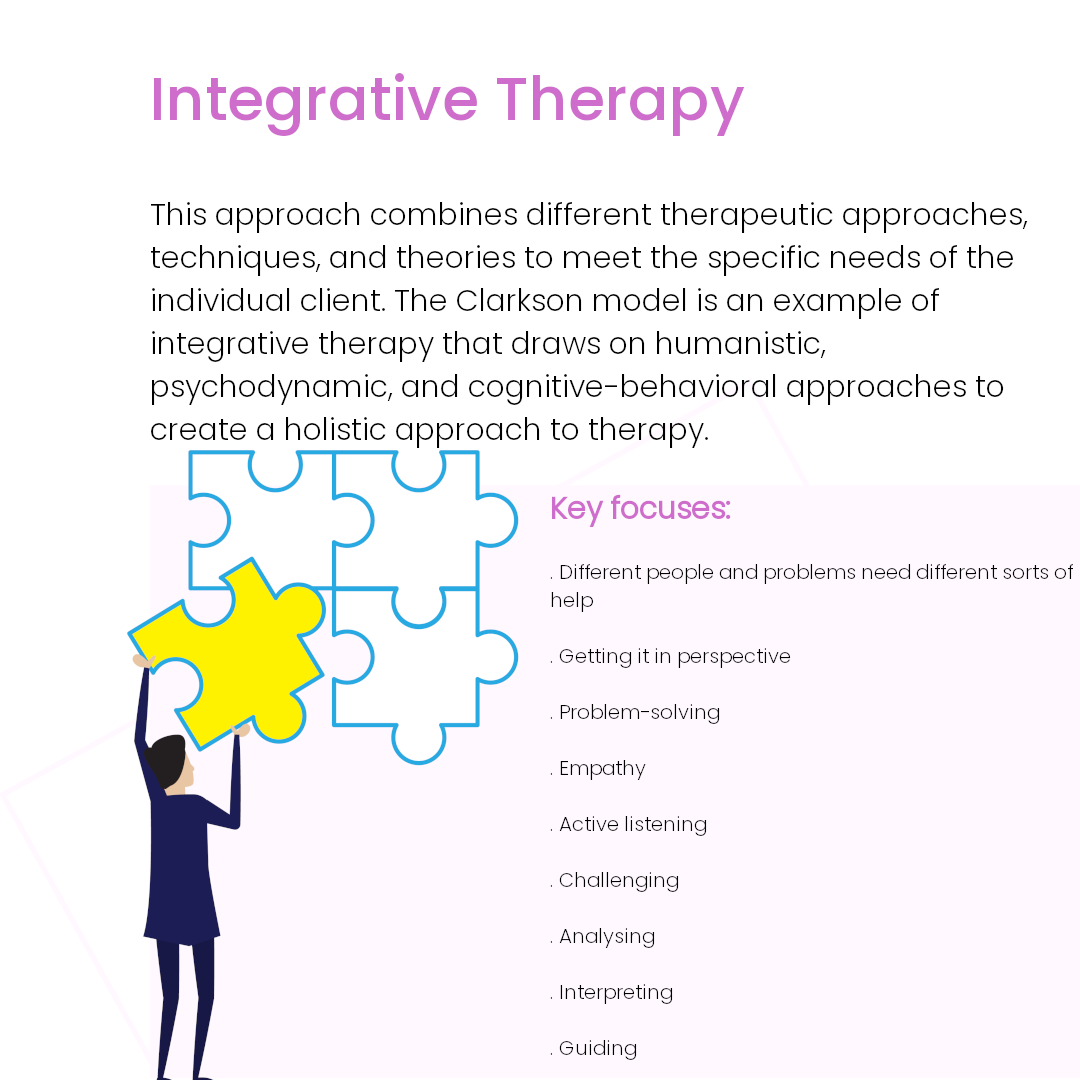
Choose the right type of therapy for you
Understanding that you want to undertake therapy to improve your quality of life is a great first step. However, there are multiple different types, each with their unique strengths and weaknesses. Determining what type of therapy best suits your goals will go a long way in helping you get the most out of your sessions. There are specialist types of therapy, such as psychodynamic, or therapy that combines techniques from multiple areas, such as integrative. Take a look at the images on the left to see a few examples.Think about what you hope to get out of counselling
As mentioned above, understanding the goals you hope to achieve by attending therapy will not only direct you to the right type of counselling, but by sharing this information with your therapist, you are allowing them to build a plan that suits you best. Whether it be just wanting to talk or wanting to achieve a specific goal, being actively aware of what you’re trying to achieve gives the therapy sessions a framework to work from.
The right therapist
To get the most out of therapy, it's important to find the right therapist with whom you have a strong bond. This may take some time and patience, but an initial Q&A session can help you get a sense of whether you'd work well together. It's recommended that you give yourself at least three sessions to determine if your therapist is the right fit for you.
Try to think about what you expect therapy to look like
We have all seen those Hollywood films where someone is lying down on a sofa, listing off all their troubles and a therapist is jotting down notes. However, therapy can take many forms, and what works for one person may not work for another. Try to think about what therapy looks like for you. There are telephone therapy options available if you feel most comfortable lying down and talking on the telephone. By sharing this knowledge with your therapist, they can help find a setup in which you feel the most comfortable. This can go a long way towards kickstarting the therapeutic process.
Be open and honest
You get out of therapy what you put into it. Your therapist needs to understand you to be in a position to help you. This doesn’t mean you have to share every single detail of your life, but by being as honest as possible about your thoughts, feelings, and behaviours when necessary, your therapist can provide you with effective treatment. Even being unaware of what you should say or bring to the session is something that you can be honest about and work on with your therapist.
Attend
Regular attendance is essential for making progress in therapy. Make sure to attend all of your scheduled therapy sessions and communicate with your therapist if you need to reschedule. Consistency is key in therapy, and regular attendance can help you maintain momentum and make progress.
Practice
The skills and techniques learned in therapy can be applied outside of sessions to help you better manage your thoughts and emotions. Practice what you learn in therapy in your daily life to reinforce your progress. This can help you maintain momentum and make progress outside of therapy sessions.
Be Patient
Therapy is a process that takes time and effort. It's important to be patient with yourself and the therapy process, and not to expect immediate results. Healing takes time, and progress may be slow at times.
Starting therapy can be a daunting process, but hopefully with these tips you are better equipped at tackling the journey ahead. If you’re just starting out, congratulations on taking the first steps towards healing. The best of luck to you on your journey to that island!
-By Patrick
If you need to talk to a counsellor contact
Relational Counselling
